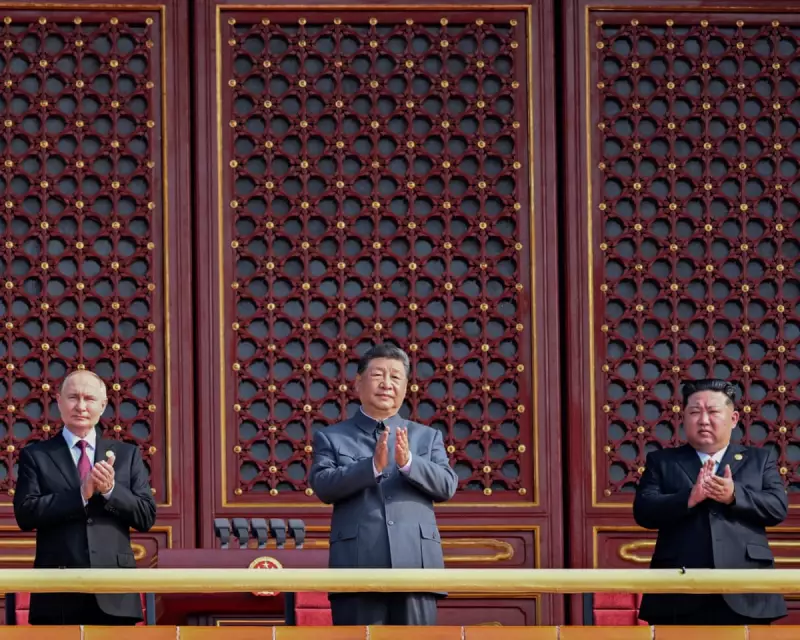
The world stage is set for a new act of great power diplomacy, and all eyes are on Beijing. China's recent public statement on the burgeoning alliance between Russia's Vladimir Putin and North Korea's Kim Jong-un has sent ripples through diplomatic circles. But as with all things in geopolitics, the declared intent requires shrewd deciphering.
A Statement of Calculated Ambiguity
Beijing's commentary, delivered with characteristic opacity, walks a fine line. It offers a veneer of constructive concern for regional stability while carefully avoiding any direct condemnation of its allies' actions. This is not a clarion call for peace in the Western sense; it is a masterclass in strategic positioning.
The statement serves multiple audiences. For the West, it projects an image of a responsible global power seeking dialogue. For Moscow and Pyongyang, it reaffirms China's role as a critical partner, albeit one setting subtle boundaries. The core message is one of control—a reminder that in this new axis, Beijing expects to be the senior partner.
Heed the Intent, Question the Facts
While the language calls for calm and opposes 'adding fuel to the fire,' the substance is deliberately vague. There is no mention of halting arms transfers or ceasing military cooperation that directly contravenes UN sanctions. This allows China to maintain the moral high ground in rhetoric while its partners continue to act in ways that destabilise the international order.
The warning, therefore, is twofold: the West must pay close attention to China's growing influence in this triad, but it must also be astute enough not to take its pronouncements at face value. Actions, not words, will be the true measure of Beijing's intentions.
The Delicate Balance of Power
China finds itself in a complex dance. It benefits from a distracted West and a weakened Russia, which becomes increasingly dependent on Chinese economic and political support. However, it also has a vested interest in preventing a complete collapse of the global system from which its own prosperity stems.
Encouraging a reckless Putin or an unpredictable Kim risks triggering a conflict that could spiral out of control, damaging Chinese interests. Beijing's statement is perhaps best understood as a cautious attempt to manage these riskier elements of its partnerships—to reap the benefits of their disruption without incurring the catastrophic costs.
In this high-stakes game, China is playing the long game, and its latest move is a testament to its sophisticated, and often duplicitous, approach to foreign policy.





